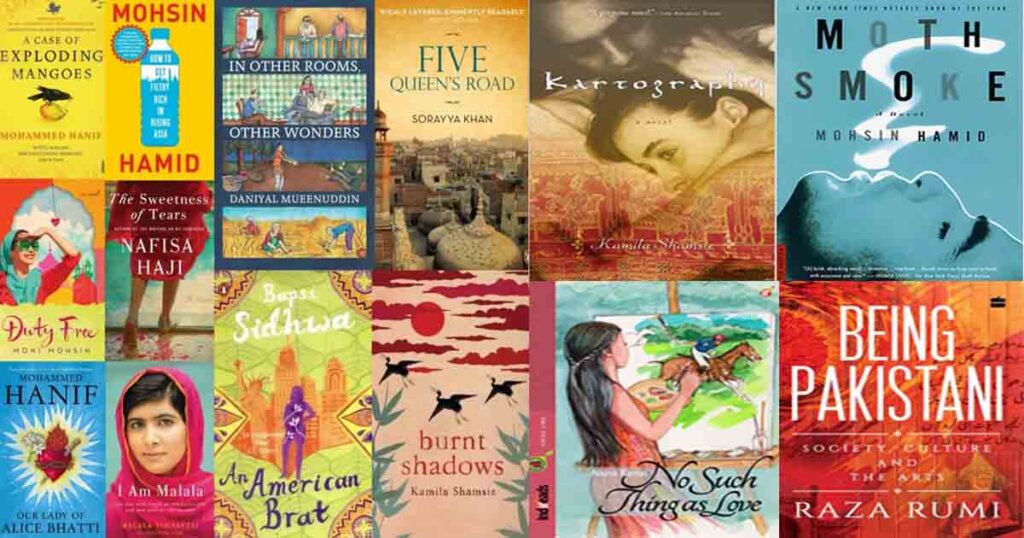In a world where the written word holds immense power, the concept of forbidden literature has always intrigued and challenged societies throughout history. From ancient texts to modern masterpieces, the clash between freedom of expression and censorship has left an indelible mark on the literary landscape. In this article, we delve into the captivating realm of forbidden literature, examining the controversies it sparks and the reasons behind its censorship.
Unearthing the Historical Roots
Forbidden literature is not a new phenomenon. It has roots that stretch back centuries, often intertwined with political, social, and religious movements. To truly grasp its significance, one must journey through the annals of history to witness the struggles and triumphs of authors who dared to challenge the status quo.
The Banned Classics
Many of the world’s most celebrated literary works were once deemed too controversial for public consumption. Take, for instance, George Orwell’s “1984.” This dystopian masterpiece, a scathing critique of totalitarianism, was banned in several countries during the mid-20th century. Its thought-provoking commentary on government surveillance and the erosion of personal freedom struck a nerve with authorities.
The Notorious Cases
Forbidden literature isn’t confined to classic novels; it extends to contemporary authors as well. Salman Rushdie’s “The Satanic Verses” serves as a prime example. This novel, steeped in religious and political undertones, led to a fatwa against Rushdie by the Iranian Ayatollah Khomeini. The book’s release ignited a global debate on freedom of speech and the limits of artistic expression.
The Censorship Conundrum
Understanding why certain books fall victim to censorship is crucial in our exploration of forbidden literature. Censorship can take various forms, from government bans to societal pressure, and it often raises ethical questions about the balance between protecting public interests and stifling creative expression.
Cultural Sensitivities
One common reason for the censorship of books is the fear of offending cultural or religious sensibilities. Authors who challenge established norms or criticize deeply held beliefs may find their works met with resistance. The clash between artistic freedom and cultural respect remains a complex issue.
Political Control
Governments, too, play a significant role in the censorship of literature. Works that question authority or expose uncomfortable truths can find themselves banned, burned, or blacklisted. The power of literature to inspire change makes it a potential threat to those in power.
The Impact of Forbidden Literature
Forbidden literature has a lasting impact on society, challenging preconceptions and fostering debates. It serves as a testament to the resilience of human creativity and the enduring pursuit of knowledge. Even amidst adversity, these controversial works find their way into the hands of curious readers.
Inspiring Change
For some, forbidden literature becomes a symbol of resistance against oppression. It inspires individuals to question authority, think critically, and advocate for change. The power of words to spark revolutions cannot be underestimated.
Preservation of History
Paradoxically, the act of censoring literature often leads to its preservation. When a book is banned or condemned, it can pique the curiosity of future generations. As a result, banned books become historical artifacts, a testament to the struggles of their time.
The Future of Forbidden Literature
As we navigate an increasingly interconnected world, the dynamics of forbidden literature continue to evolve. The digital age has brought new challenges and opportunities for authors and readers alike. The question of what constitutes forbidden literature in the 21st century remains a pressing one.
Online Battlefields
In the age of the internet, censorship has shifted to online platforms. Social media platforms and digital libraries are grappling with the responsibility of moderating content, raising concerns about freedom of speech in the virtual realm.
Emerging Voices
Despite the challenges, emerging voices in literature continue to challenge the status quo. Authors, bloggers, and journalists push boundaries, ensuring that forbidden literature remains a relevant and vital aspect of our cultural discourse.
Conclusion
In conclusion, Forbidden literature, often shrouded in mystery and controversy, is a fascinating and contentious facet of the literary world. From ancient scrolls hidden away in secret libraries to modern e-books available at the touch of a button, the struggle between creativity and censorship persists. As we continue to explore the rich tapestry of human expression, we must remember that the ghostwriting founder behind some of these forbidden works of today may well be the celebrated classics of tomorrow, pushing boundaries and expanding our understanding of the human experience.


